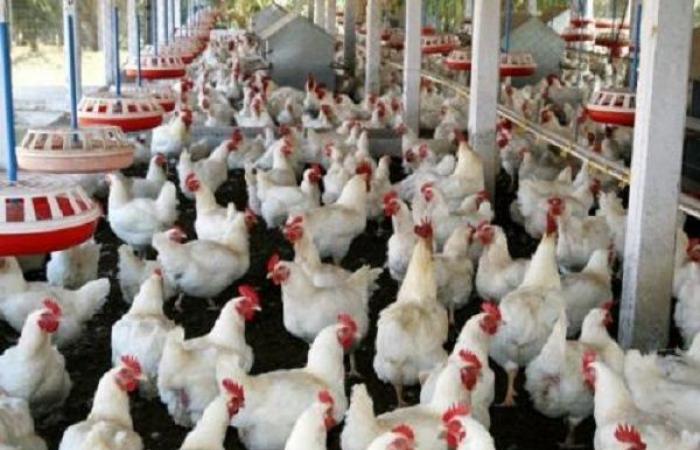
The Senegalese poultry industry is going through a difficult period marked by a dizzying increase in chick prices. Initially scheduled for January 1, 2025, this increase was applied well before the date set by the authorities. Currently, a chick is sold at 560 FCFA, compared to 350 FCFA previously, an increase of 32%.
This situation is explained by Senegal’s dependence on imports of hatched eggs, mainly from Europe, Brazil and Morocco. These countries have suffered the full brunt of health crises such as avian flu and unfavorable climatic conditions, reducing their exports. According to Dr Mamadou Bâ, Secretary General of the Poultry Interprofession, stakeholders in the sector have voluntarily absorbed part of the costs to keep poultry accessible to low-income households, while the price of red meat remains prohibitive (4000 FCFA per kilogram). .
On the other hand, table eggs, produced 100% locally, escape international fluctuations. Sold at 100 FCFA each, they play an essential role in the food and processing industry. However, the poultry industry as a whole remains under pressure in the face of demand exceeding supply, particularly during holiday periods such as Easter and Korité.
Moussa Guèye, president of the Interprofession avicole du Senegal (IPAS), emphasizes that Senegal is a real poultry hub for the sub-region, supplying countries like Mali and Guinea. However, he recognizes that profit margins are often monopolized by unscrupulous intermediaries. Abdoulaye Diallo, head of the Avia hatchery, denounces the practices of certain actors who artificially create shortages to increase prices.
-On the producers’ side, Ismaila Ndong, a poultry farmer in Niayes, talks about the risks and instability of the sector, while affirming that only passion pushes them to continue. Dr Ndiaye, from the Niacoulrab veterinary practice, warns of regulatory violations, including anticipated price increases by some suppliers.
To overcome these challenges, stakeholders are calling for better regulation and incentives to encourage local production of hatched eggs. Investing in modern infrastructure and raising awareness of good practices could strengthen the resilience of the sector. While chicken remains an affordable source of protein for Senegalese households, the future of the poultry industry will depend on the ability of authorities and stakeholders to collaborate to meet these many challenges.
LAMINE DIEDHIOU





